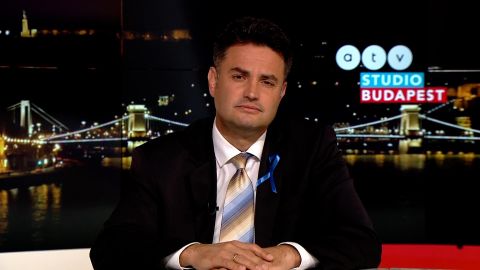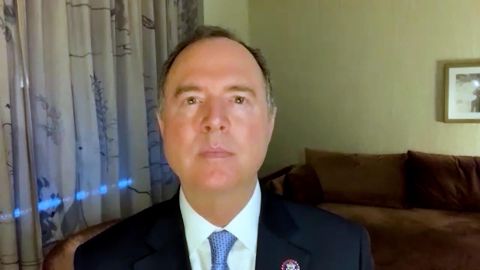Read Transcript EXPAND
TARANA BURKE, METOO MOVEMENT FOUNDER: Well, it was actually more than 10 years, right? I spent a very long time both in Philadelphia and in Alabama in the South and other parts of the country working with young people doing empowerment and leadership work. And that evolved into working with young girls who have been survivors of sexual violence. And it was in relative obscurity, but — I guess to the mainstream media and the mainstream public, but not in the black community. And I worked really hard, along with the other people in our organization, to make sure that these girls had safe harbor and had pathways to healing, but also to start a movement that was about organizing to end sexual violence in our communities, because just the same as we organized around gun violence or police violence, there was very little conversation even, and definitely very little work being done to actually end the sexual violence that was happening and so rampantly in our communities. And so that’s what our work looked like largely before MeToo went viral.
CHRISTIANE AMANPOUR: So, Tarana, I mean, you raise kind of an extremely troubling reality. And that is, when you are trying to be an activist to lobby on behalf of your community, the black community, girls in your community who were being abused, it didn’t resonate on the level that it did when, let’s say, celebrities, Hollywood stars, others who were white women who had been victimized by people like Harvey Weinstein and others, until that came out. What does that say about just the whole notion of trying to get justice on this — on this account?
BURKE: I think it’s the same thing we see in every other social justice issue, right? In America in particular, we have been socialized, we have been programmed to respond to the vulnerability of white women. We have been programmed to respond to white women in distress. And I think it’s the same way around the world. It’s not just black women. We have — indigenous women in America have the highest rates of sexual violence, and nobody talks about them. Nobody talks about their plight and what’s going on with them. And so this is what we have seen in every facet of the social justice issue is that, when it’s black and brown people, the things that are happening in our communities are not prioritized. So it’s no surprise that, when it came to sexual violence, the same thing would happen, particularly when you’re talking about famous, white, rich women.
About This Episode EXPAND
For Tarana Burke, watching #MeToo go viral wasn’t necessarily cause for celebration. Her new memoir documents all this and more and she joins the show to discuss. Peter Marki-Zay became the unexpected opposition candidate against Hungary’s prime minister Viktor Orban this weekend. Rep. Adam Schiff speaks about why he believes the January attack fundamentally weakened the U.S.
LEARN MORE


